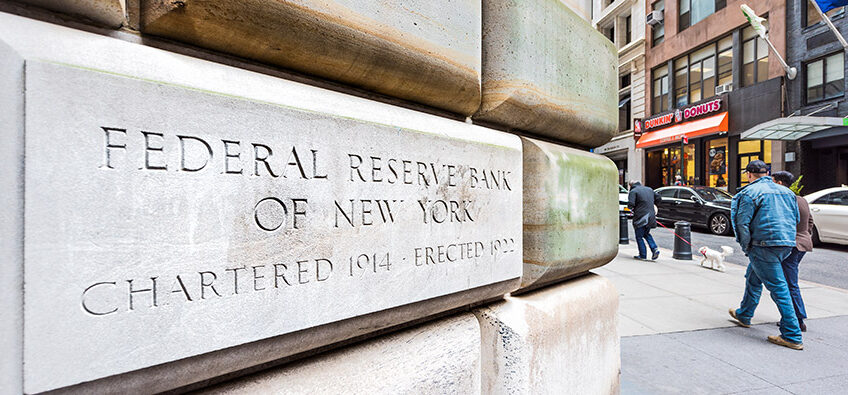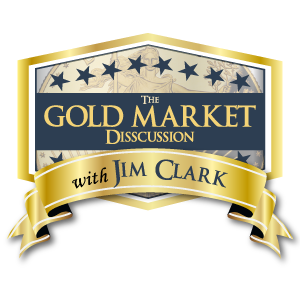
Scandal at the Fed!

Is anyone surprised?
Insider trading practices that are rightly being called scandalous have led to the resignations of the presidents of the Federal Reserve banks of Dallas and Boston.
But they are not among the greatest of the Federal Reserve’s scandals.
Both Eric Rosengren, head of the Boston Fed, and Robert Kaplan head of the Dallas Fed, announced their resignations this week after disclosures of their extensive trading in stocks that were the beneficiaries of Fed interventions.
It is not the first scandal at the Fed. And it is certainly not the biggest. According to Ron Paul, that title goes to the Fed for its “impoverishment of ordinary Americans.”
That is the result of inflationary monetary policies, says the former Congressman and presidential candidate:
Rising prices that diminish the average American’s standard of living are not the only result of the Fed’s manipulation of the money supply. The manipulation distorts economic signals, producing results including booms, bubbles, and busts.
Inflation has always benefited the well-connected elites who receive the Fed’s newly created money before the new money causes widespread price increases. The true motivation behind Fed policies was revealed by former Fed official Andrew Huszar in 2013. Huszar, writing for the Wall Street Journal, confirmed that quantitative easing kept stock prices high, instead of helping Americans struggling with the aftereffects of the 2008 meltdown.
Other beneficiaries of the Fed are big-spending politicians. The Federal Reserve’s purchase of federal debt instruments keeps the federal government’s debt servicing costs manageable. This is why, despite Chairman Powell’s recent suggestion that the Fed will soon begin “tapering” its purchases of Treasuries, the Fed is unlikely to significantly reduce its purchase of Treasuries or allow interest rates to significantly increase.
The destruction of 93 percent of the dollar’s purchasing power with these inflationary practices is scandalous enough for one institution. But another Fed scandal involves risking the solvency of the American people by extending trillions of dollars of credit and loans to favored banks, including foreign banks, during the Panic of 2008. The Fed became almost militant in seeking to keep these loans concealed from the American people.
Little wonder that Dr. Paul lists Fed secrecy as another major scandal, citing “Congress’ refusal to pass the Audit the Fed bill and let the American people know the truth about the Fed’s operations. Audit the Fed authorizes a Government Accountability Office (GAO) audit of the Fed’s dealing with foreign governments and central banks, the Fed’s discount window operations, reserves of member banks, securities credit, interest on deposits, and open market transactions. Audit the Fed would finally reveal the truth about the Fed’s operations.”
There are countless potential Fed scandals over its century-plus of existence that will never be fully revealed. Anyone with inside knowledge of interest rate decisions from the Fed’s Open Market Committee would be in a position to make fortunes in the bond markets. But you don’t suppose the Fed, or its officials, would ever be doing secret favors for the crony banks that created the Fed to serve its interests in the first place, do you?
Yet a clear leak of insider information in 2012 to a private investor newsletter resulted in an investigation. Yet after six months of investigating itself, the Fed could not find who leaked the confidential information.
And by the way, we have White House tapes revealing President Nixon and the chairman of the Fed coordinating Fed policy to help assure Nixon’s reelection in 1972.
The Fed’s history may be thick with criminal malfeasance. But it should also be beyond dispute that it has established a long track record of policy failures, from the Great Depression and Great Recession to currency destruction and clueless interest rate manipulation. Now it is clear, with Fed official’s cavalier treatment of their ethical obligations and with what in the private sector would be considered insider trading, we would be better off without the Fed.
